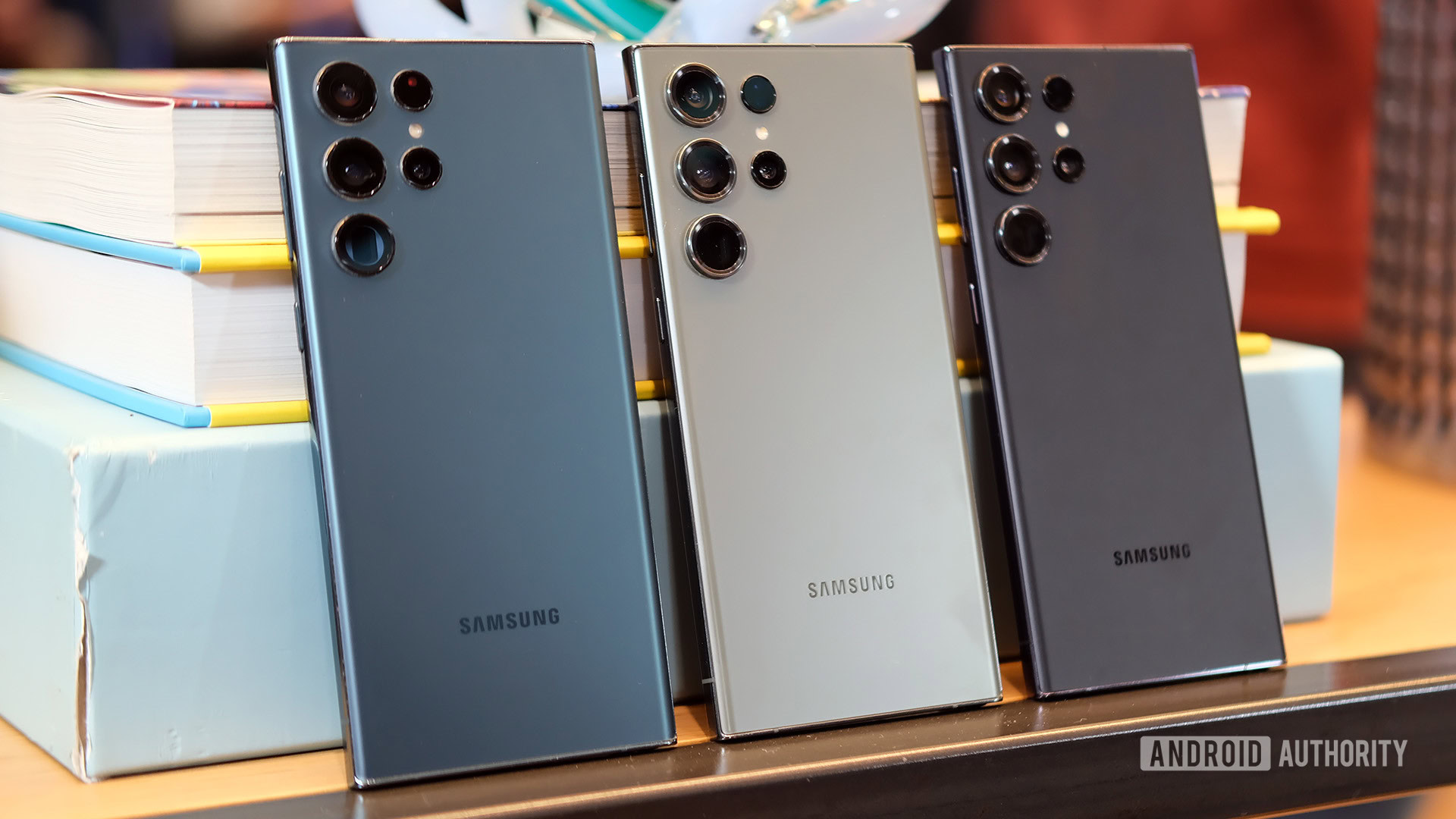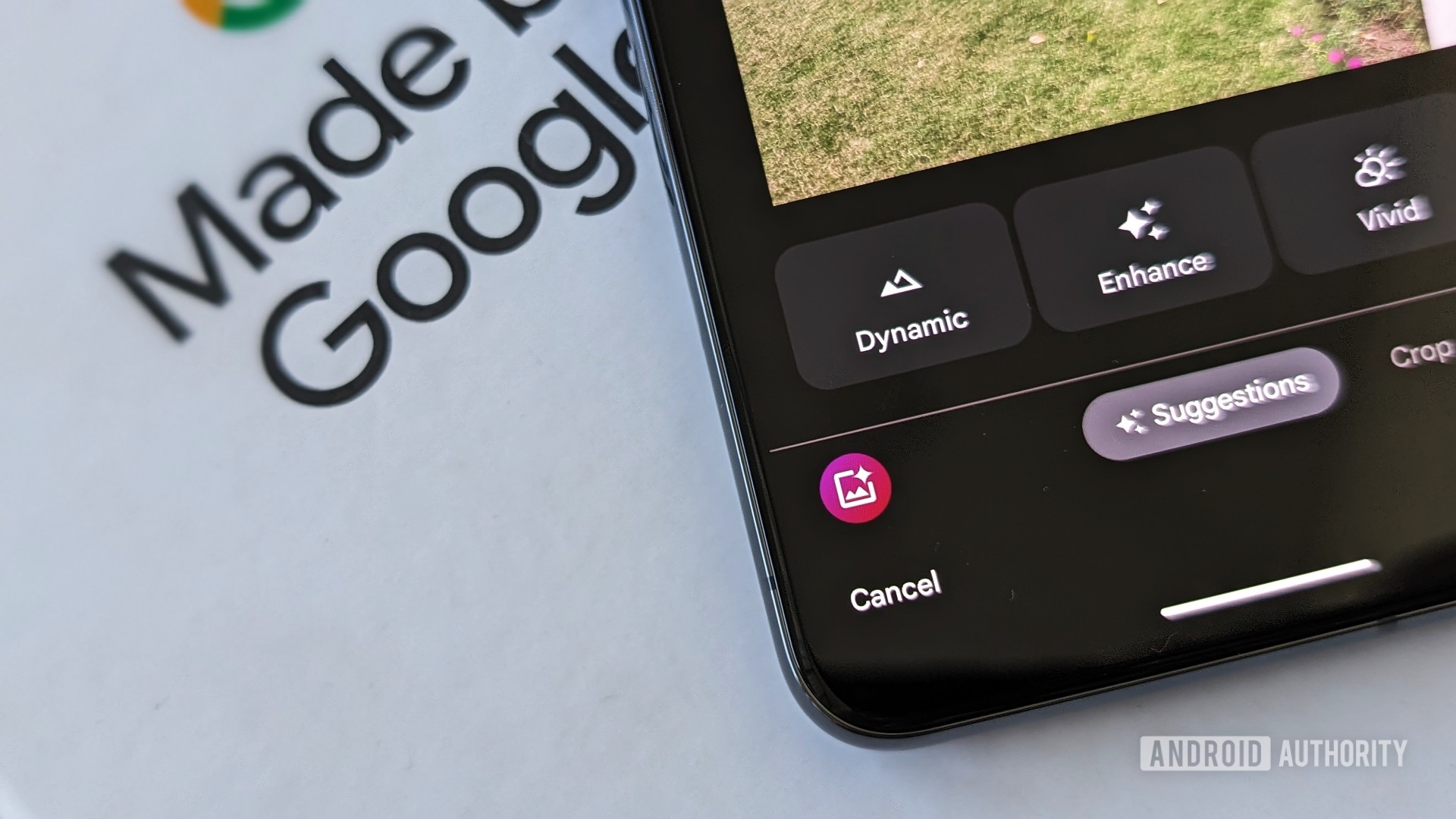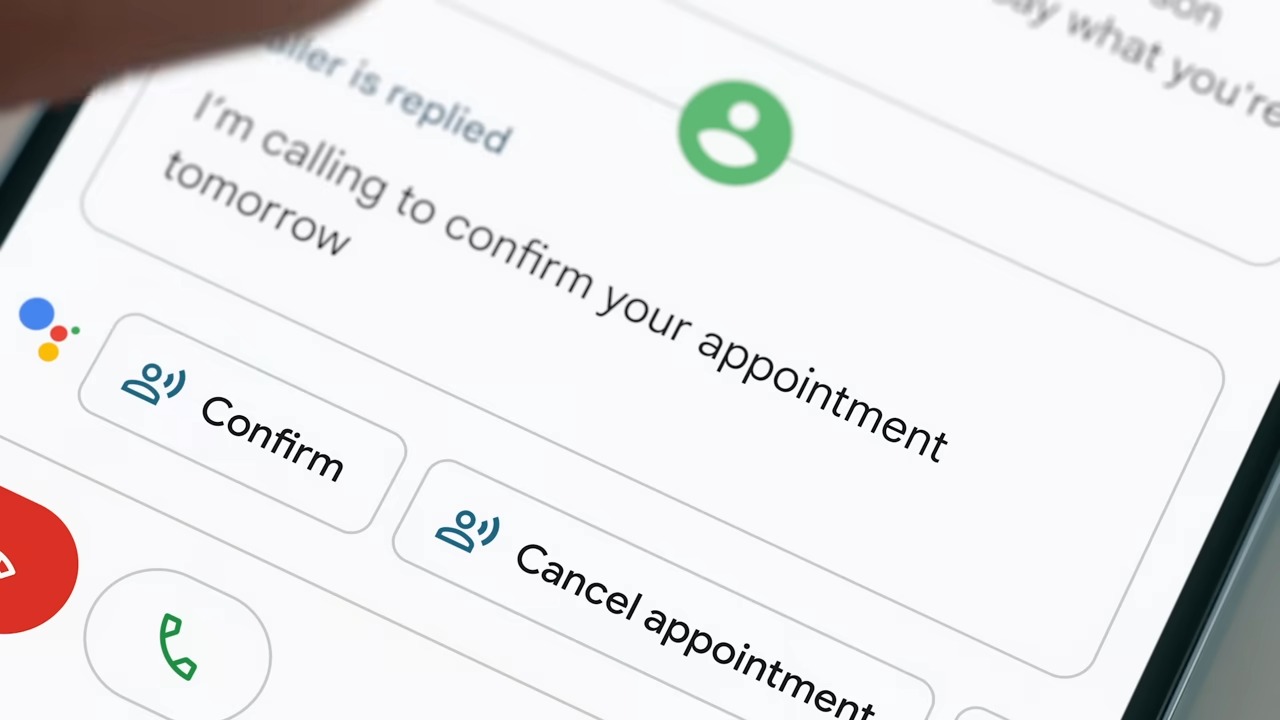Affiliate links on Android Authority may earn us a commission. Learn more.
Is betting on AI the right gimmick for the Galaxy S24?
January 15, 2024
After Blockchain, NFTs, Web3, and dozens of other tech fads, AI is the keyword every company is vying for in 2024. You’d be hard-pressed to find one announcement in the tech industry at large without the words “generative AI” somewhere in the pitch, if not in the title. But is betting on AI the right gimmick for Samsung and its upcoming Galaxy S24 lineup? I think so. Let me explain.
Is betting on AI the right gimmick for Samsung?
Samsung wouldn’t bet on AI if it were a mere fad
The Samsung Galaxy S24 isn’t official yet. It will be announced at Unpacked in a couple of days, on January 17. But the rumor mill and leak faucet have been so hyperactive that we basically know everything there is to know about the new series, including an impressive seven years of updates, spec sheets, pricing in various countries, color variants, and even a hands-on with the S24 Ultra.
Not to let itself be outdone, Samsung has also teased the new phones a few times and talked about Galaxy AI, its new suite of AI features built specifically for the Galaxy line-up. So we know for a fact that AI is supposed to heavily feature in this announcement. Actually, it might be the biggest talking point of the S24 series — overshadowing any discussion of processors, Snapdragon and Exynos wars, Space Zoom, moon shots, and any previous Galaxy-centric discussions.
AI must've passed the bullshit sniff test at Samsung and proved that it can be a sustained and smart strategy.
That looks like a big and bold move for Samsung — a “bet” by any other name. Not since curved displays do I remember the Korean giant making such a drastic change in its Galaxy S line-up (unless you count merging the Note’s S Pen into the Ultra series). The company has been pretty conservative with the S series for years now; after all, these are the phones it sells to millions of people, it can’t just go with every year’s tech fad and confuse these users!
That does put this Galaxy AI move into perspective, doesn’t it? If every Galaxy S improvement is a multi-million-dollar calculated move, then AI must’ve passed the bullshit sniff test at Samsung and proved that it can be a sustained and smart strategy for the future.
AI can be a catalyst for change in the Galaxy S series

With the very few data points that I have as an observer, I think this the right move for Samsung, too.
If only for the fact that the Galaxy S series has needed a shake-up for years now. Outside of a few minor improvements here and there, the latest S phones are pretty much the same product. The Galaxy S23 Ultra looks, feels, and behaves just like the Galaxy S22 Ultra, while the S22 Ultra is basically a slightly better version of the S21 Ultra. That’s not just a Samsung problem.
Many other smartphone makers are struggling to differentiate and innovate year after year. Tech has plateaued and people are happy with last year’s flagship or the year before’s. Some brands, like Xiaomi, OPPO, and VIVO are still trying to move forward with frenetic hardware innovation — cameras, zooms, displays, charging, and every other spec is a high score number that can be topped again and again. Others like Apple and Google, have chosen to focus on improving the holistic smartphone experience with unique services, useful features, and tight-knit ecosystems.
Recently, Samsung hasn't gone for the software-first vision nor innovated in hardware. AI can push it ahead in both areas.
It’d be impossible to put Samsung in either of these categories. It’s been sitting somewhere in the middle, not really committing to a software-first vision, nor jumping ahead with spectacular hardware. Of course, the company releases amazing products, but over the last few years, the magic has been… gone.
AI can be the catalyst that takes Samsung out of this comfy and stable state it’s in. It can kickstart a change deep within its products and push Samsung to build cool and innovative features and experiences, while also driving its hardware forward. If you think AI is all about software, you’re wrong. After all, generative AI is the reason why specs are starting to matter again, as my colleague Robert argued recently. The gist is that you need a lot of headroom and heat management if you’re going to process some generative AI requests locally.
Today’s phones need a bit of AI magic to become really smart

Looking a few years ahead, I also believe that AI has the potential to completely change how we all interact with our Android phones.
There’s nothing really “smart” about today’s smartphones. Everything is siloed into different apps that barely communicate with each other, while our interactions with them are simple back-and-forths. I ask the phone to do something, it does it for me. There’s no anticipation, no synthesis, and no real understanding of my data, habits, or preferences.
Our phones lack the synthesis and anticipation that a real 'smart' phone should provide.
For example, why don’t I get a warning when I’m trying to book a concert if I already have a dinner reservation on the same date? Or why can’t I see Instagram posts and YouTube Shorts from a restaurant when I’m browsing it on Google Maps? And why do I need to remember an exact word from an email in order to find it in my inbox?
None of this makes sense on a truly smart phone, but we accept it. And sure, the Galaxy S24 won’t solve these issues tomorrow, nor will the Pixel 9 in October, but we’re heading in that direction. True AI can pave the way for a truly smarter smartphone experience for all of us. That’s why I don’t believe for one second that AI in smartphones is a gimmick.
Small, steady steps into a smarter smartphone stint

While my own vision of true AI on smartphones is still a few steps ahead of us, I have to remain content with the current state of AI on smartphones. For now, AI is merely a cool party trick in some places (Pixel AI wallpaper generator and Magic Editor) and a useful addition in others (Google Assistant call screen and Pixel Video Boost).
And the reason I’m fine with these baby-step implementations of AI is because I understand that when companies like Samsung and Google are building phones for millions of people, they can’t make radical changes overnight. They can’t experiment like Humane with its AI Pin or Rabbit with its R1 and build their entire product on top of AI. They can’t ask millions of people to change the entire way they interact with their phone overnight; that’d be business suicide.
Just like they can’t simply ship a ChatGPT app or pre-install Bing Chat or Google Bard and be content to call that an “AI strategy.”
Samsung's real success would be if I forgot about AI once I held the phone. AI has to be a means to an end, not the star of the show.
No, the right move is somewhere in the middle. Google and Samsung have the burden of easing millions of people from all walks of life into using AI. And they have to do it by creating helpful and smart features right where people need them.
Google is already implementing AI in a subtle but useful way and, with the upcoming Galaxy AI suite on the S24 series, Samsung seems to be going for a similar balanced approach.
AI will definitely be the biggest talking point of the Galaxy S24 series. It’ll probably show up in every TV spot and billboard we see. But Samsung’s biggest success, in my opinion, would be if I forgot about AI once I held the phone. If AI became a background tool and a means to an end, rather than the star of the show, that’s when I’ll know that it’s not a gimmick anymore, but a real and lasting change.
Thank you for being part of our community. Read our Comment Policy before posting.
